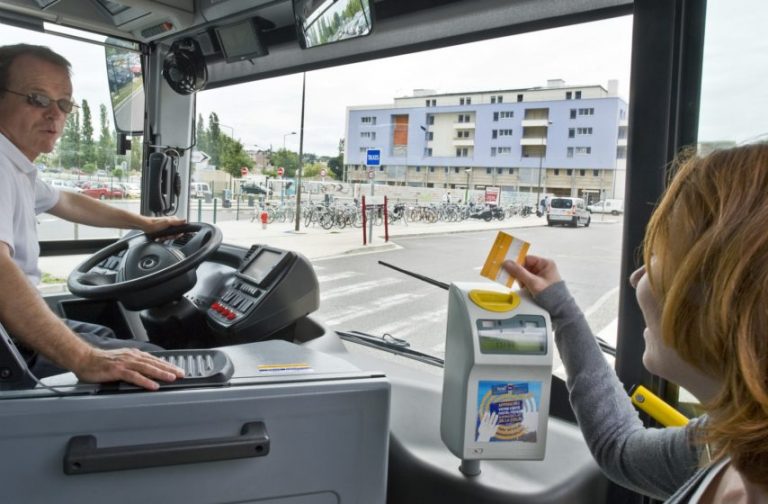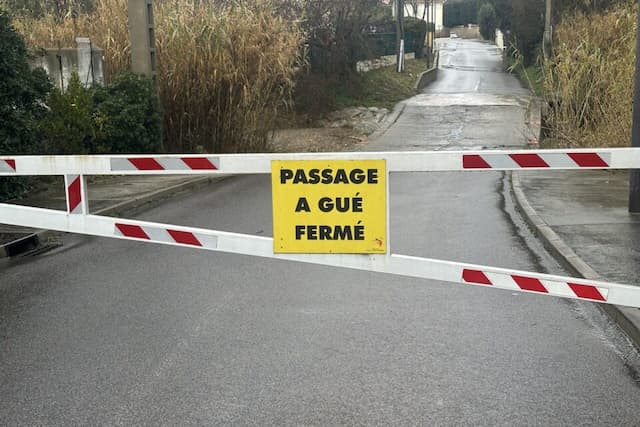The Free Transport Studied in Paris: Could Toulouse Consider It?

Tuesday 20th March, 2018, the mayor of Paris Anne Hidalgo announced the launch of a study for a possible introduction of free transport in Paris. And in Toulouse?
Tuesday, March 20, 2018, the Paris council elected officials have registered free public transport for pensioners over 65 years of age receiving a pension of less than 2,200 euros per month. At the same time, the mayor of Paris, Anne Hidalgo , relaunched the debate on free public transport for all Parisians.
Several cities in France have set up free
“I decided to appoint three of my assistants to conduct a vast study on the subject, which will involve French and foreign experts. It will analyze the examples in France and internationally and in particular to assess whether there is a viable business model: nothing says today that it is possible, “explained the edict with caution .
A caution dictated by the fact that no city of this size has adopted this system in Europe. In France, only about twenty cities have introduced free: Gap (Hautes-Alpes), Libourne (Gironde), or Niort (Deux-Sèvres) since September 2017, but also Figeac (Lot) and Castres (Tarn) in Occitanie .
“Out of more than 300 authorities organizing mobility, there are currently 15 networks that have opted for free admission and 9 networks offering free admission. If this practice remains a minority, it attracts a growing number of agglomerations, mostly less than 50,000 inhabitants, said the Group of Authorities responsible for transport (GART).”
Ticket revenues represent 70 million euros per year
Cities mainly covered by a bus network and whose tariff revenues are usually only a minor part of the cost of the transport network traditionally financed by local authorities, local businesses through payment transport and therefore the ticketing.
In the Greater Toulouse area, here is how the distribution to the transmission network is distributed: companies finance up to 250 million euros a year, local authorities 102 million euros, and users up to 70 million euros. euros .
For Jean-Michel Lattes, this would lead to “an increase in taxation”
For Jean-Michel Lattes, the president of Tisséo , losing 70 million euros would pose a big problem in the perspective of developing the transport network of the agglomeration. He explains himself:
“Currently, some cities are committed to free, but with economic models that are different from that of the agglomeration of Toulouse. Take the case of Niort. In this city, ticket revenue was only 10% of the cost of the network. In fact, the loss of revenue generated by free services was offset by the payment of the transfer of mutuals which have implanted for many of them their headquarters in this city. If we adopted the same system in our agglomeration, the rate of payment transport is already at its maximum, the only adjustment variable would be an increase in local taxation …”
“The important thing is the offer rather than the free”
The one who is also the first deputy mayor of Toulouse in charge of transport continues:
“In addition, users do not expect us to be free, we are already well positioned in terms of rates compared to other cities, but the effectiveness of our network. The important thing is that we continue our investment efforts because our network is saturated. Our investment efforts must increase the supply, and thus capture other audiences.”
No study in Toulouse
On the basis of this observation, the introduction of free transport in Toulouse is absolutely not on the agenda or even studied.
A trend that had emerged in recent months Tisséo establishing in July 2017 social pricing and effectively ending free for some of the elderly in Toulouse.
Similarly, instead of setting up free transport on peak pollution days, Tisséo has opted for a specific pricing, a new package that for 4 euros, allows unlimited travel a whole day on the all the bus, metro and tram network.
Enjoyed this? Get the week’s top France stories
One email every Sunday. Unsubscribe anytime.


